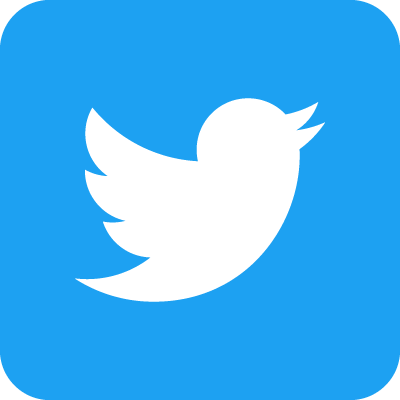Learning New Tech Buzzwords For Recruiters

Anybody working in tech encounters new buzzwords and new technology topics frequently. Kafka, Apache, Svelte, Kaniko, you might see a new technology once a day when you are getting started as a tech recruiter.
How do you go about understanding them?
There are a couple of ways I would recommend approaching this.
From Looking At How Software Is Developed
It's helpful to think of technology terms in the context of where they fit into the process of building software. Generally speaking you have a couple of phases of a software project.
- Planning & Design (what are you building?)
- Development (writing the code and testing it)
- Deployment (pushing out the code to customer)
- Operations & Support (monitoring the software and handling issues)
There are a lot of details here and subcomponents. E.g. "testing software" probably falls under the Development phase, and to give another example CI/CD systems could fall under every phase. But generally speaking if you understand what phase of building software a given technology falls into it is a useful jumping off point.
By the way, I have a free mini course called "parts of a software project" that goes over software projects in detail.
Examples In Context Of Process.
OK, let's do some examples.
How about Docker? Docker was developed to help make it easy to deploy software on any system. People also use it for development.
How about Python? Python is a programming language, which means people are generally using it for developing software. There are also a lot of python based tools for doing operations work.
What about Kibana? Kibana is a visualization tool used for looking at data in ElasticSearch (a fulltext database). Most frequently Kibana is used for looking a log data, which means it would be primarily used in the operations & support phase.
Now, when you look at a resume you can try to classify people - does this person work with technologies used in the Operations or Deployment phases? Maybe they are more a DevOps candidate? Does this person list a lot of programming languages and application frameworks? Probably they are strictly a developer and always working in the development phase.
Drilling down: Development
Development is often the phase of a project that is the most expensive and requires the most people. So as a recruiter it makes sense to focus here on hiring software engineers.
The first breakdown you could explore is platforms.
Platforms: Web, Mobile & Desktop Development
Web development covers applications built to operate in browsers, and these days that's most applications. Mobile development covers iOS and Android applications. Finally desktop development covers applications that run natively on a desktop environment like the chrome browser or games.
The trend for a long time is that most application development is web development in some form. Even desktop versions of Slack and Spotify are developed using web development technologies (something called Electron in this case) that get wrapped up inside of a native application.
Note that in most cases all of the platforms use the same type of APIs written by backend developers. I explain the client-server model here if you're interested in learning more about that. I think the important takehome here is to understand that a web app, a mobile app, and desktop application (like Spotify, for example, available on every platform) likely all have the same shared backend infrastructure.
Examples of Mobile Technologies:
- Dagger - a Dependency injection library for Android Applications
- Picasso - an Image loading library for Android Applications.
- React Native - a framework for building cross-platform apps using React code.
- Snapkit - an autolayout library for iOS / OSX applications.
Examples of Desktop Technologies:
- Cocoa - Applications framework for building interfaces in OSX apps
- WPF using .NET Framework - a system for creating windows .NET desktop applications.
- Electron - build desktop apps with HTML, CSS, JS
I'll hold off on giving examples of web development platform related technologies since all of the examples below will be about web development.
Frontend Vs Backend Examples:
The next breakdown here is Frontend Vs Backend. Most technologies you encounter that are involved in the development phase (with web development) can be categorized as either frontend focused or backend focused.
Frontend technologies:
- React - A framework for building client side web applications developed by Facebook.
- Angular - Similar to react but more a "batteries included" approach.
- CSS - A language for styling and laying out websites.
Backend Technologies:
- Backend languages like Java & Ruby.
- Server software like nginx
- Basically every kind of Database
X is like Y.
Another way to understand new tech buzzwords is to figure out what other things they are like. This is probably the most useful way to contextually understand new technical buzzwords but the downside is that you already need to understand a good portion of the landscape of technical terms in software development before you can really do this.
I'll give you some examples of new terms you can see on The State Of JavaScript 2019 survey.
- Svelte - a frontend development library similar to React.
- GraphQL - similar to REST - just another way of transferring data.
- Vue - a frontend framework similar to Angular.
- Cypress - a testing system for client side code (similar to Selenium)
- Puppeteer - control (headless) chrome browser from code. Also similar to Selenium.
Lastly, Other tools
I have created a few tools on this site to help you learn buzzwords. If you've been to my site before you probably know I made a course for this, but all of these tools I'm linking below are free.

